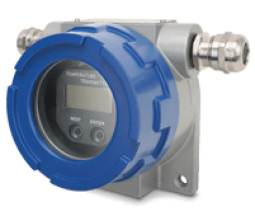 ref : FRC
ref : FRC
From
535,00 € Discover ref : FRC
ref : FRC
From
535,00 € Discover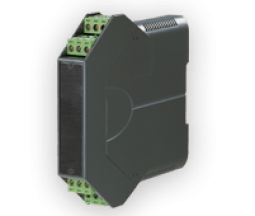
Analog signal conditioner rail-din - type B3
ref : B3From
187,00 € Discover
Rail din HART® type analog temperature transmitter - B3HU
ref : B3-1From
365,00 € Discover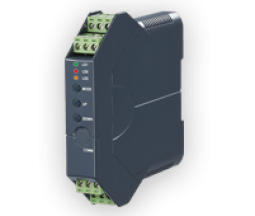
Universal signal conditioner - type M3
ref : M3From
269,00 € Discover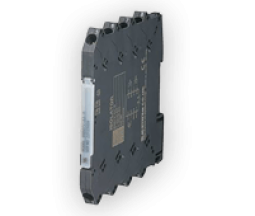 ref : M6DSN
ref : M6DSN
From
260,00 € Discover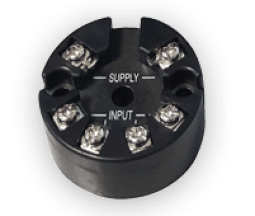
Temperature transmitter - type 27
ref : 27UFrom
61,00 € Discover
Heat of probe HART® type analog temperature transmitter - 27HU
ref : 27U-1From
260,00 € Discover ref : PT100
Discover
ref : PT100
Discover

Thermocouple temperature sensor
DiscoverPremium quality in every product
Local service near you
Customer support every step of the way
Seamless technical communication
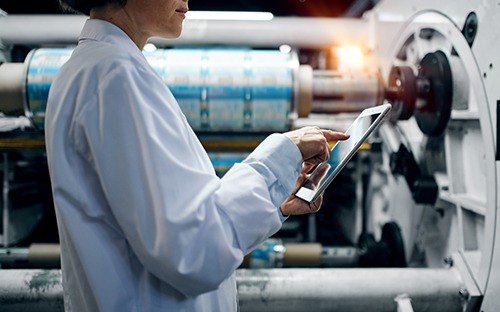 Whether you're monitoring the temperature of a liquid or a gas, creating a product and need to track temperature to ensure quality, or trying to maintain a specific temperature on a production line to ensure that products are manufactured within regulations, accurate and reliable temperature measurements are essential.
Whether you're monitoring the temperature of a liquid or a gas, creating a product and need to track temperature to ensure quality, or trying to maintain a specific temperature on a production line to ensure that products are manufactured within regulations, accurate and reliable temperature measurements are essential.
There are a variety of technologies for measuring temperature, converting temperature and displaying temperature, each with its own advantages and disadvantages.

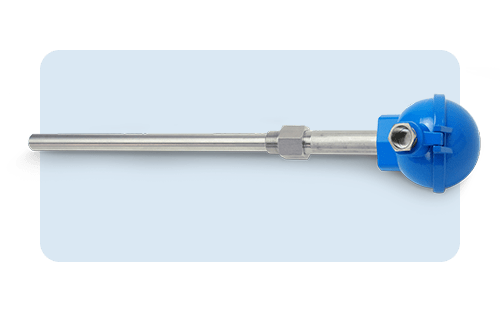
Resistance thermometers, also known as RTDs or resistance temperature detectors, are one of the most popular types of temperature sensor. They are used in a wide range of industries and applications, from the food industry to chemical plants. RTDs are made from materials with high electrical resistance, such as platinum, copper or nickel. RTD material resistance changes with temperature, so RTD resistance can be used to calculate temperature.
The most common type of RTD is the PT100, which has a resistance of 100 ohm at 0°C. The PT1000 has a resistance of 1000 ohm at 0°C. PT100 and PT1000 are available in a wide range of accuracy levels, from 0.5% to 0.01%.
They can be used for temperatures ranging from -200°C to +850°C, and are available in 2-wire, 3-wire or 4-wire versions.
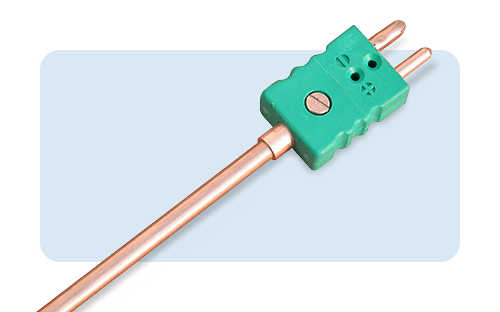
A thermocouple sensor consists of two wires of different metals, joined together at one end. The junction between the two wires is called the hot junction. The other end of the thermocouple wire is connected to a measuring device, such as a multimeter or temperature controller. When the hot junction is heated, a voltage is generated at the measuring device. This voltage is proportional to the temperature difference between the hot junction and the measuring device.
Thermocouples probes are available in a wide range of metals, such as copper-constantan, iron-constantan and chromel-alumel. Thermocouples sensors are also available in a variety of accuracy levels, from 0.5% to 0.01%.
These temperature measurement device can be used for temperatures up to 2300°C.
Signal converters and signal conditioners are needed to use PT100 resistance thermometers or thermocouple probes with PLCs or other digital devices. The converter converts the signal from the RTD or thermocouple probe into a standard voltage or current signal that can be read by the digital device.
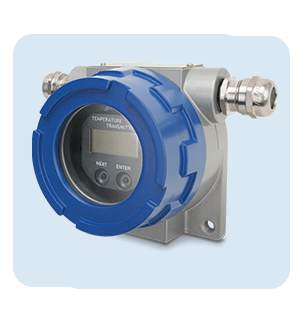
HART temperature transmitters are used in process automation applications to measure, convert and transmit temperature signals from resistance thermometers or thermocouples to PLCs or other digital devices. The transmitter temperature converts the temperature probe signal into a standard voltage or current signal. The transmitter also features a display showing the temperature reading. It also features a HART communication interface, enabling the temperature converter to be configured and calibrated using a HART communicator.